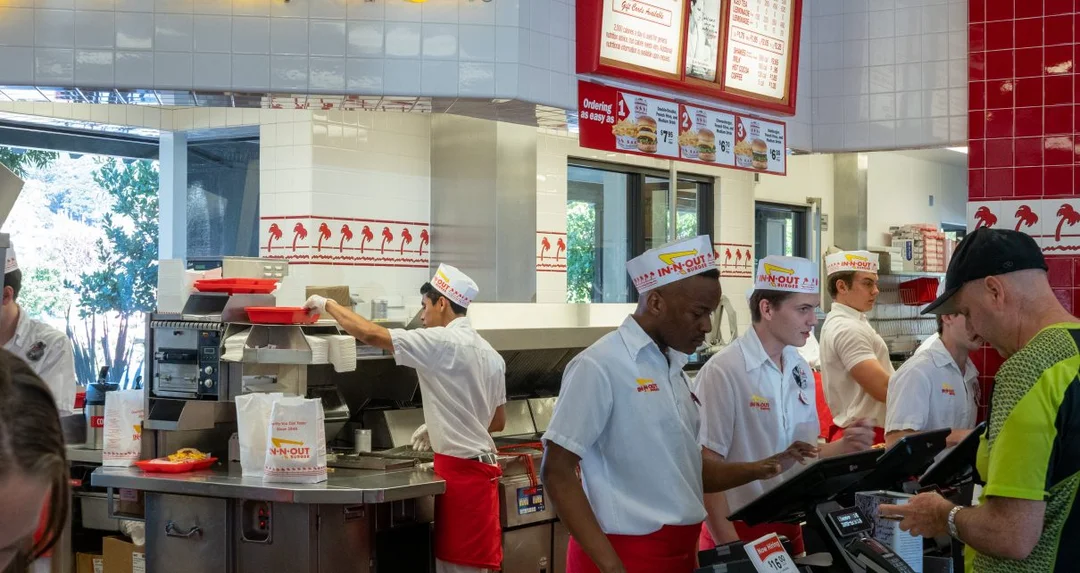
California’s Fast-Food Wage Hike Results in 16,000 Job Losses
In a significant economic development, California's recent decision to raise the minimum wage for fast-food workers to $20 per hour has led to the loss of 16,000 jobs across the state. This move, aimed at improving the living standards of fast-food employees, has instead triggered a wave of layoffs and closures, particularly affecting smaller businesses unable to absorb the increased labor costs.
The new wage law, which came into effect earlier this year, was intended to address the growing disparity between living expenses and wages in one of the nation's most expensive states. However, the unintended consequence has been a sharp reduction in employment opportunities within the fast-food sector, a critical component of California's economy.
Industry experts warn that this could be just the beginning. With profit margins already squeezed by rising operational costs, many fast-food chains are reevaluating their presence in California. Some have opted to close outlets, while others are exploring automation as a means to cut costs. This shift could further exacerbate unemployment rates and impact the overall economic health of the region.
Local communities are feeling the brunt of these job losses. Families dependent on income from fast-food jobs are now facing financial uncertainty, and the ripple effect is being felt across related industries, from food suppliers to service providers. Critics of the wage hike argue that a more gradual increase might have allowed businesses more time to adjust, potentially mitigating the severity of the job cuts.
As California grapples with the fallout, the debate over the balance between fair wages and economic stability continues to intensify. The state's policymakers are now under pressure to find solutions that support both workers and businesses, ensuring that future economic policies do not lead to similar outcomes.